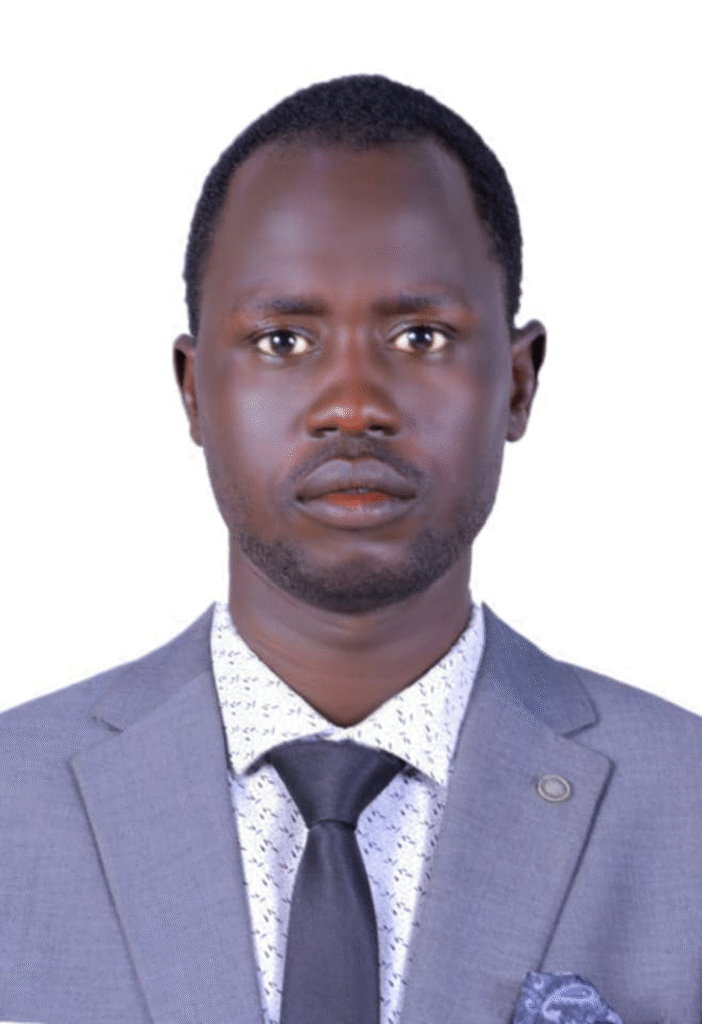South Sudan's English Daily Newspaper
"We Dare where others fear"

By Aluong Maker Aluong
John Arop Chirach, a master’s student at the University of Juba, has emphasised the importance of elections in fostering development activities. He argued that credible elections provide a foundation for stability, accountability, and progress in South Sudan.
In an interview with The Dawn Newspaper on Saturday, Chirach vigorously stated that development occurs through a series of questions often posed to candidates who have bravely stood for leadership positions.
“Candidates in this manner will be able to make promises. When elections go in one’s favour, not all promises will be fulfilled, but at least some will become a reality. Services such as hospitals, schools, and roads contribute to visible development,” he explained.
He added that elections keep leaders alert since they are conducted at agreed intervals, typically every four or five years, in democratic countries. Thus, leaders remain vigilant in anticipation of upcoming elections and the positive contributions they have made before they seek re-election.
Chirach reiterated that elections and visits from foreign leaders lead to development in ways that may be difficult for ordinary citizens to recognise. As such, these processes should be allowed to proceed naturally, rather than being curtailed.
“When Pope Francis came to Juba in 2023, he promised the South Sudanese that he would visit common places within the capital. Because the South Sudanese government was not ready to be challenged, they responded positively by resurfacing the broken tarmac roads, starting from the University of Juba, Kololo, and Thongpiny. As a result, we now have Pope’s Road in Juba. The arrival of this renowned figure prompted leaders to develop the mentioned areas,” Arop attested.
He stated that he is aware of various methods of conducting elections in Africa, particularly in the East African region. Fraudulent and rigged elections are often experienced, yet these are still referred to as elections. They can bring about some changes, which is why Kenya and Uganda differ from South Sudan in how they conduct this exercise as their constitutions dictate.
Arop urged citizens to cooperate with the government to ensure that the elections scheduled for December 2026 take place, as this will pave the way for the developments currently lacking.
“We will also learn how to vote from this moment, and trust will be restored between leaders and those who voted for them,” he said.
He underscored that the government has been ready for elections, and any hesitations arise from citizens and those who rebel when election months approach.
“The insecurity that citizens often cite as an excuse for fleeing to neighbouring countries undermines the electoral process. Knowing that it is the government’s responsibility, and that competing parties have agreed to set aside their grievances and engage in election-related activities, what is your main reason for going to Uganda and Kenya again? Of course not! Let’s trust the government if we want to see development in this young nation,” Arop asserted.
He emphasised that elections offer multiple benefits. Whether we re-elect or elect new leaders, they will earn our trust and repay us for the confidence bestowed upon them. Consequently, development and various benefits will be realised.
“Elections are the foundation of democracy and a vital mechanism for citizen participation, even though their direct connection to development may be somewhat complex and often materialises over time,” Arop concluded.




